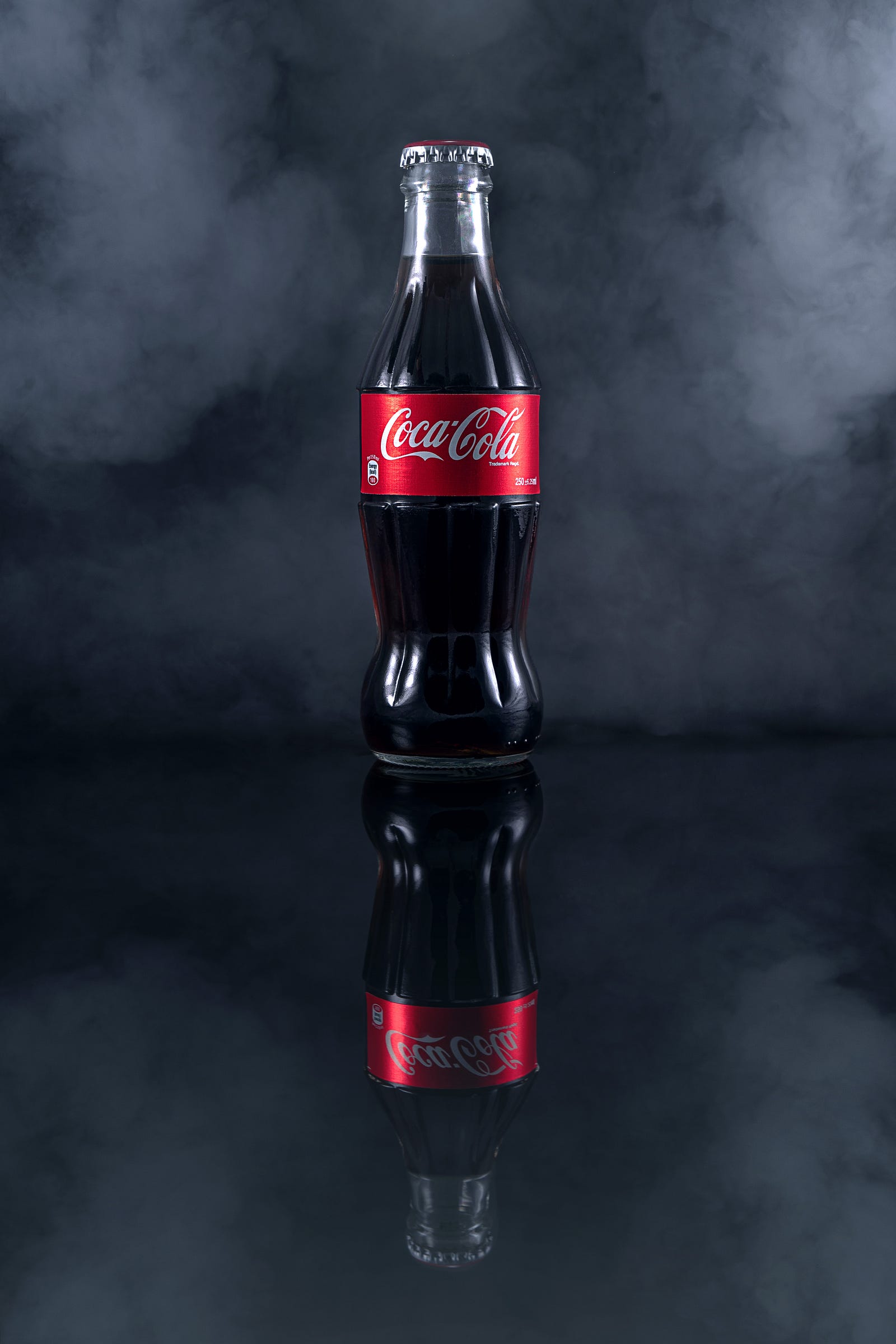HOW LONG AFTER SUDDEN STOPPING OF REGULAR COFFEE consumption do caffeine withdrawal symptoms typically start? Here are your options:
A. One to three hours
B. 12 to 24 hours
C. One to two days
D. More than two days
If you guessed 12 to 24 hours, that’s a Bingo! Withdrawal symptoms typically start about 12 to 24 hours after the sudden stopping of caffeine consumption.
Caffeine withdrawal basics
Caffeine withdrawal is a common experience that can occur when someone stops consuming caffeine. The substance is a stimulant in coffee, tea, chocolate, soft drinks, and energy drinks. When someone consumes caffeine regularly, their body becomes accustomed to its effects and can develop a dependence on it.
When someone stops consuming caffeine, they may experience a range of withdrawal symptoms, including headaches, fatigue, irritability, difficulty concentrating, and mood changes. These symptoms can vary in intensity and duration depending on the individual and the caffeine consumed.

It’s important to note that caffeine withdrawal is not a serious medical condition and is usually not harmful. However, it can be unpleasant and affect someone’s functioning ability. If someone is experiencing severe or prolonged symptoms, they should speak with a healthcare provider for advice and support.
Caffeine withdrawal symptoms
The withdrawal symptoms peak after 20 to 28 hours and reach a peak after 20–48 hours. For some, however, the symptoms might emerge within three to six hours and can be troubling for one week.
However, in some individuals, these symptoms can appear within only 3–6 hours and last one week.
Caffeine withdrawal symptoms can vary from person to person and can range in severity depending on the individual’s caffeine consumption habits. Some of the most common symptoms of caffeine withdrawal include the following:
- Headaches: Caffeine withdrawal headaches are common symptoms ranging from mild to severe. They typically occur within 24–48 hours of stopping caffeine consumption.
- Fatigue: Without caffeine to stimulate the nervous system, people may experience feelings of fatigue or lethargy.
- Irritability: Caffeine can affect mood; without it, some people may feel irritable or moody.
- Difficulty concentrating: Caffeine can improve mental focus and concentration, so when someone stops consuming it, they may find it harder to concentrate.
- Flu-like symptoms: Some people may experience flu-like symptoms, such as nausea, vomiting, and muscle pain.
- Anxiety: Caffeine can increase anxiety in some people, so when they stop consuming it, they may experience increased anxiety.
- Depression: Some people may experience symptoms of depression when they stop consuming caffeine.
These symptoms can last, as noted above, from a few days to several weeks, depending on the individual and their caffeine consumption habits. If you are experiencing severe or prolonged symptoms, you must speak with a healthcare provider for advice and support.
Relief of caffeine withdrawal symptoms
Caffeine withdrawal symptoms disappear soon after ingestion of caffeine. This effect is strongly associated with the psychological satisfaction related to caffeine ingestion, especially for the day’s first cup.
The occurrence of headaches after substituting decaffeinated coffee predicts subsequent caffeine self-administration. Caffeine content influences coffee consumption, and the beneficial effects of caffeine consumption on mood or alertness encourage the consumption of coffee or caffeine-containing beverages.
Join Medium with my referral link – Michael Hunter, MD.
Read every story from Michael Hunter, MD (and thousands of other writers on Medium). medium.com
Get an email whenever Dr. Michael Hunter publishes.
Get an email whenever Dr. Michael Hunter publishes. drmichaelhunter.medium.com
The information I provided in this blog is for educational purposes only and does not substitute for professional medical advice. Please consult a medical professional or healthcare provider for medical advice, diagnoses, or treatment. I am not liable for risks or issues associated with using or acting upon the information in this blog.
Thank you for reading “Caffeine Withdrawal — What You Need to Know.”

























